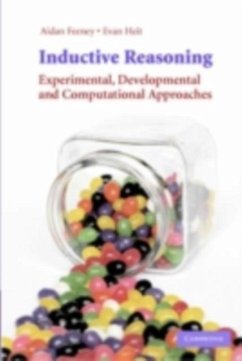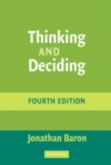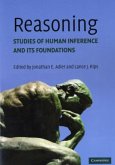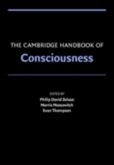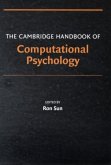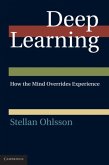Without inductive reasoning, we couldn't generalize from one instance to another, derive scientific hypotheses, or predict that the sun will rise again tomorrow morning. Despite the widespread nature of inductive reasoning, books on this topic are rare. Indeed, this is the first book on the psychology of inductive reasoning in twenty years. The chapters survey recent advances in the study of inductive reasoning and address questions about how it develops, the role of knowledge in induction, how best to model people's reasoning, and how induction relates to other forms of thinking. Written by experts in philosophy, developmental science, cognitive psychology, and computational modeling, the contributions here will be of interest to a general cognitive science audience as well as to those with a more specialized interest in the study of thinking.
Dieser Download kann aus rechtlichen Gründen nur mit Rechnungsadresse in A, B, BG, CY, CZ, D, DK, EW, E, FIN, F, GR, HR, H, IRL, I, LT, L, LR, M, NL, PL, P, R, S, SLO, SK ausgeliefert werden.

